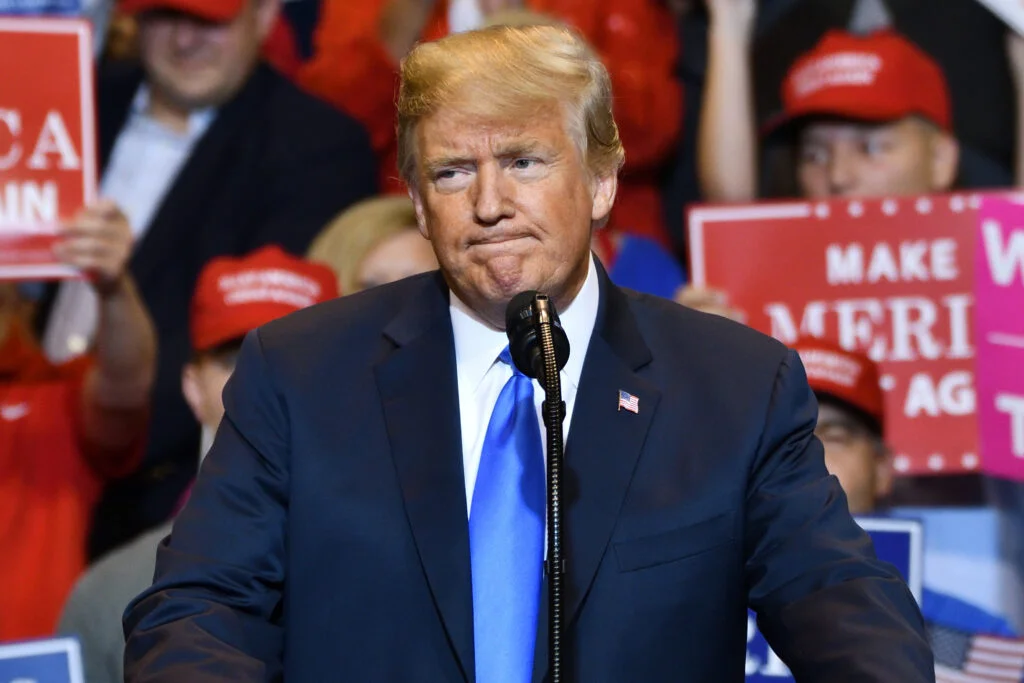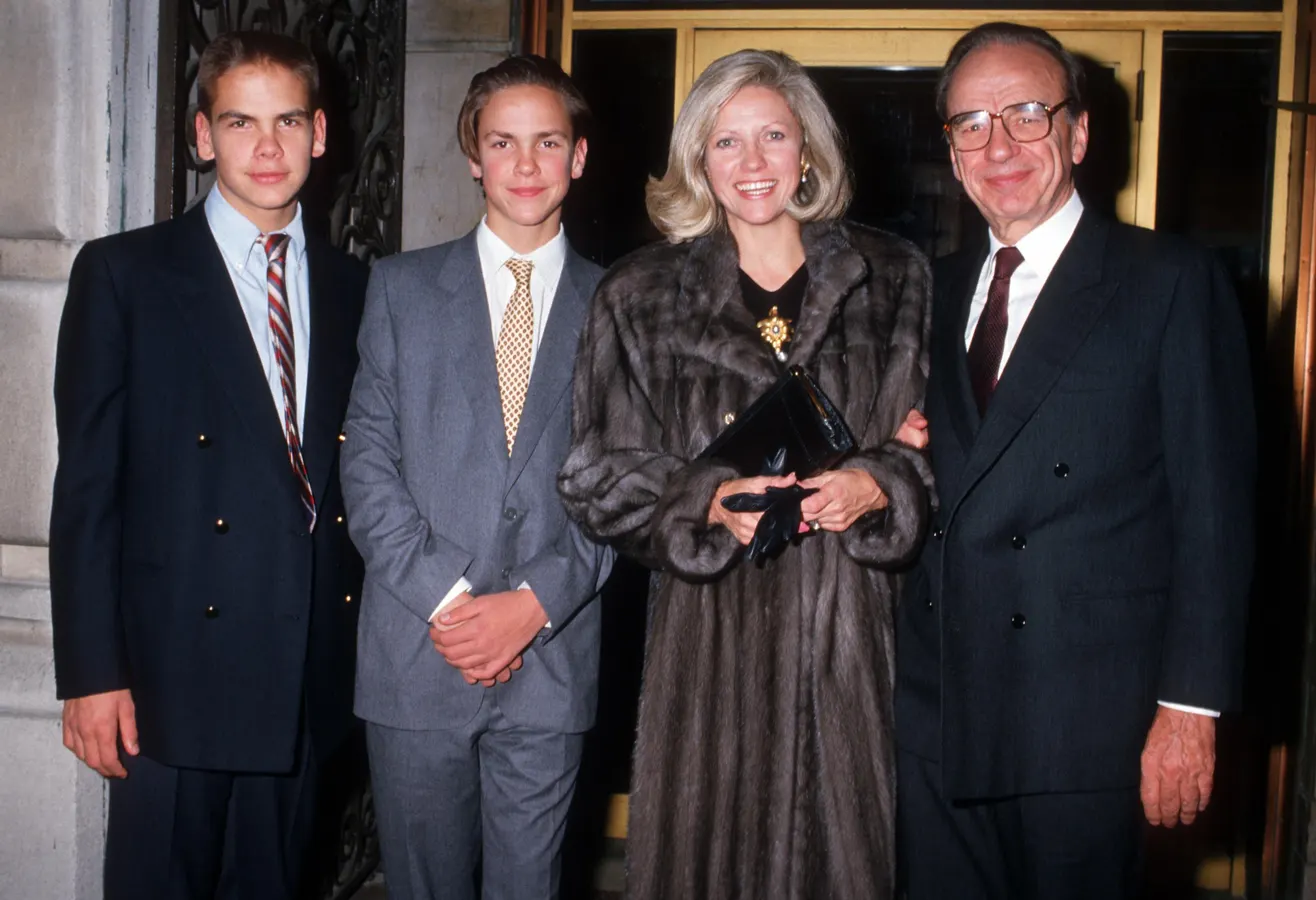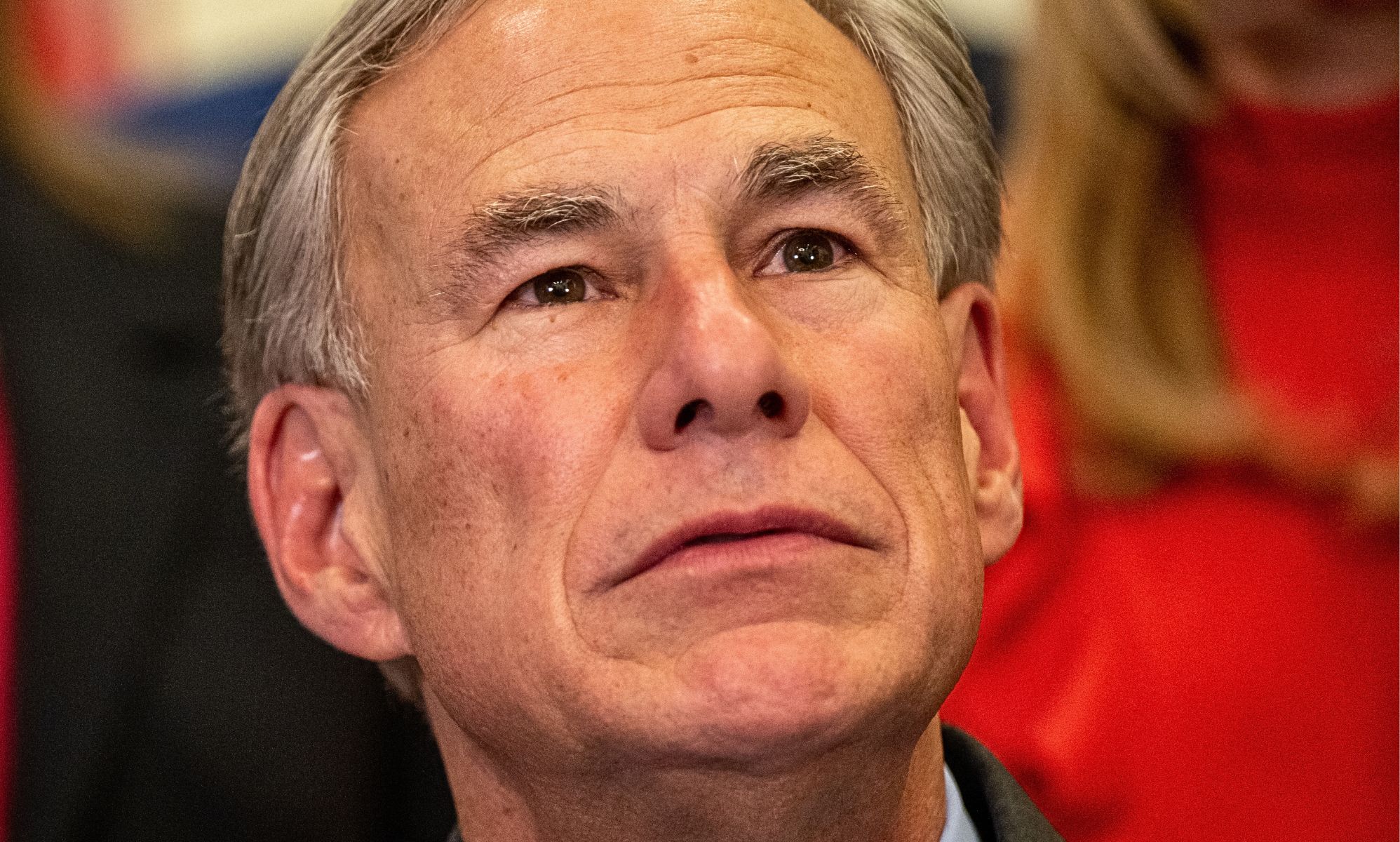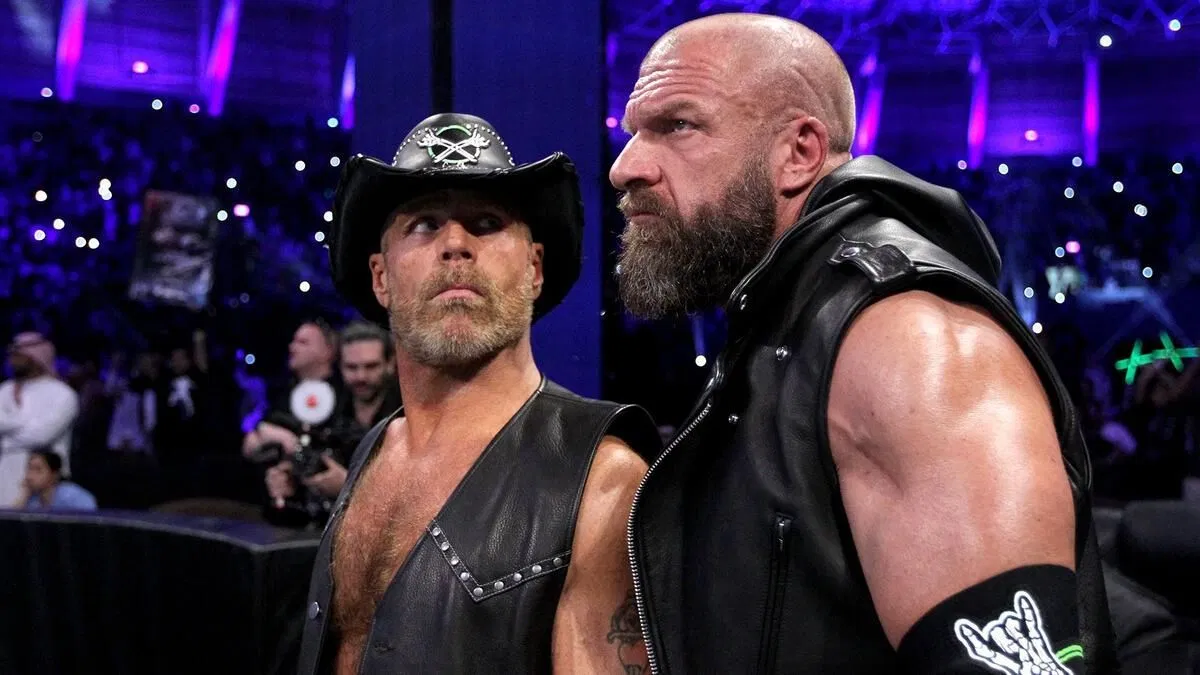
President Donald Trump has announced a significant price cut for his much-hyped Trump Gold Card visa, a move that has sparked a debate about the program’s future.
Gold Card Visa Slashed To $1 Million, Critics Remain Wary
Trump recently signed an executive order introducing the Trump Gold Card, an immigration visa that was initially priced at $5 million. The revised price is now $1 million.
The new visa promises U.S. residency in record time. The Trump administration also rolled out two additional products: the $5 million Trump Platinum Card, granting extended U.S. stays without taxation on foreign income, and the $2 million Trump Corporate Gold Card, providing expedited residency for select employees.
Despite the price cut, critics remain skeptical. Nuri Katz, founder of Apex Capital Partners, sees the reduction as an “admission of failure,” according to a Forbes report on Monday. Katz, who has been advising ultra-high-net-worth clients on investment immigration for over 30 years, believes the price cut raises questions about the program’s viability.
See Also: Elizabeth Warren Wants To Probe Trump’s Crypto Czar And How David Sacks Is ‘Overstaying’ His 130-Day Term Limit: Another Example Of Corruption – Benzinga
Impact On $4Billion EB-5 Investor Program Unclear
At present, the U.S. operates the EB-5 immigrant investor program, which grants permanent residency in exchange for an investment of $800,000 to $1 million in a U.S. business or infrastructure project. Investors must also create or preserve at least 10 full-time jobs for eligible American workers.
The potential impact of the Trump Gold Card on the EB-5 program, which generated roughly $4 billion for the U.S. economy last year and is authorized through September 2027, remains uncertain.
Trump Gold Card Visa Sees Legal, Tax Hurdles After Surge
The Trump Gold Card visa has been a subject of controversy since its inception. The program, which was launched in June, initially priced at $5 million, attracted nearly 70,000 registrations within hours of its launch as per Commerce Secretary Howard Lutnick. However, the program faced significant legal and tax obstacles that could limit its appeal to ultra-wealthy investors.
Despite the initial interest, the program has been met with skepticism. Legal experts have questioned the program’s feasibility, noting that only Congress can add categories to the Immigration and Nationality Act, not the President independently. The recent price cut has further fueled doubts about the program’s success.
READ NEXT:
Trump Admin To Redirect $2.4 Billion From California’s High-Speed Rail Project To National Rail Program
Image via Shutterstock



